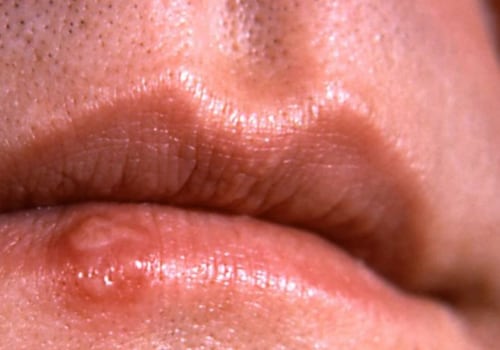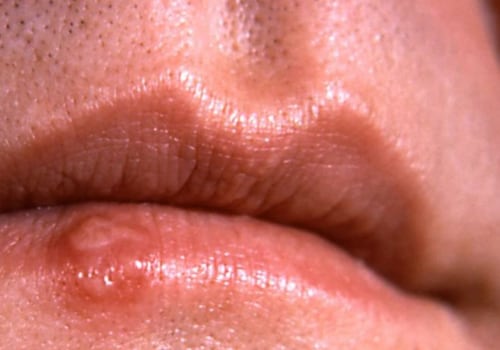When it comes to sexually transmitted infections (STIs), some can be more dangerous than others. The most serious of these are viral STIs, which can be incurable and even life-threatening. In this article, we'll discuss three of the most dangerous viral STIs and how to protect yourself from them. The most dangerous viral STI is the human immunodeficiency virus (HIV), which leads to AIDS.
HIV is spread through contact with infected bodily fluids, such as blood, semen, and vaginal fluids. It can also be passed from mother to child during pregnancy or childbirth. HIV weakens the body's immune system, making it more vulnerable to other infections and diseases. If left untreated, HIV can lead to AIDS, which is a life-threatening condition.
Other incurable viral STIs include human papillomavirus (HPV), hepatitis B, and genital herpes. HPV is the most common STI in the United States and can cause genital warts and certain types of cancer. Hepatitis B is a liver infection that can cause serious health problems if left untreated. Genital herpes is a viral infection that causes painful sores on the genitals and other areas of the body.
Chlamydia and gonorrhea are bacterial STIs that can cause pelvic inflammatory disease (PID) and infertility if left untreated. These infections are spread through contact with infected bodily fluids during sexual activity. Syphilis is another bacterial STI that can be life-threatening if left untreated. It is spread through contact with sores caused by syphilis, which can be found on the penis, vagina, anus, rectum, or on the lips and mouth.
Syphilis can also be transmitted from an infected mother to her fetus during pregnancy or childbirth. If you're sexually active, it's important to get tested for STIs regularly to protect your health. Talk to your doctor about testing for STIs before becoming pregnant to ensure a healthier baby.







